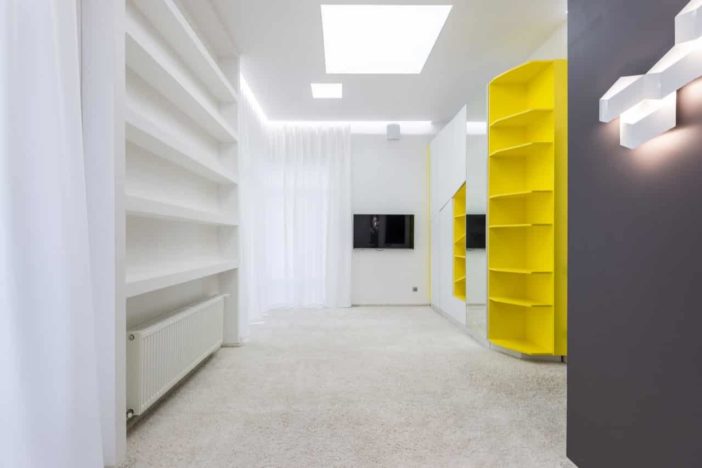As businesses of all kinds start to return to normal and employees return to desks and workstations following the Covid-19 pandemic lockdowns, the one thing that has been brought home to all of us is the importance of infection control.
As individuals, we can all help by wearing face coverings where necessary, avoiding crowding together, plus washing and sanitising hands regularly. But in large workplaces such as hospitals and pharmaceutical or food processing businesses where infection control is a matter of public safety, additional stringent protections must be put in place to ensure this is strictly observed.
Why use antimicrobial curtains?
Antimicrobial strip curtains have been proven to protect by inhibiting the growth of harmful bacteria. Studies carried out in some hospitals in the US showed that where antimicrobial curtains were placed in hospital wards, they were effective in capturing and containing harmful bacteria. Such bacteria could then be eliminated by thorough cleaning. In this way, antimicrobial curtains can perform the same task in hospitals and industrial settings.
Help to break the chain of infection
PVC coated antimicrobial strip curtains play a vital part in preventing the free travel of harmful bacteria and pathogens, thus helping to break the chain of infection wherever they are sited, such as in hospitals, food processing, schools, and the manufacturing process.
Many viruses such as Covid-19 are airborne, but Covid can also spread through contact with surfaces or objects. The danger then comes if a person who touches a contaminated surface or object touches their nose, mouth or eyes, leaving them open to infection by Covid. We are all now aware of how quickly something like this can spread from person to person. Illness doesn’t always arise from a virus. The most likely source of workplace infection is usually bacteria, mould or fungal spores, which can rapidly multiply after landing on any surface.
Antimicrobial strip curtains have a considerable part to play in reducing the spread of harmful bacteria, viruses and other pathogens. Antimicrobial technologies in barrier form give a significant level of protection against these by inhibiting the growth of surface microbes. Active ingredients include zinc or silver, elements long recognised for their antibacterial and infection-fighting properties.
The benefits of antimicrobial PVC strip curtains
Temperature fluctuations play a role in infection. To combat this, PVC strip curtains have been shown to provide an effective thermal barrier helping to regulate and maintain the optimal required temperature for whichever setting they are used in. This property taken together with antimicrobial products helps to enhance hygiene and infection control. It achieves this by:
- Offering a scientifically proven barrier against bacteria.
- The antimicrobial properties inhibit the growth of odours and prevent bacterial staining, which can cause damage to the structure and appearance of the curtains.
Some bacteria can double in numbers every 20 minutes or so on untreated surfaces. Antimicrobial PVC strip curtains actively defend against this, which means the curtains can stay cleaner, fresher and effective for more extended periods.
The protection given by antimicrobial products ensures that strip curtains can have a longer lifespan as damage from bacterial and fungal growth is minimised. Moreover, antimicrobial properties are highly effective at resisting the growth of unsightly and dangerous mould, mildew and fungi on PVC strip curtains, which means that cleaning is made much more manageable. Antimicrobial strip curtains provide a much-reduced risk of cross-contamination; this is when microbes and bacteria can be transferred from surface to surface.
When good hygiene and infection control is critical, antimicrobial strip curtains must be the first line of defence.





